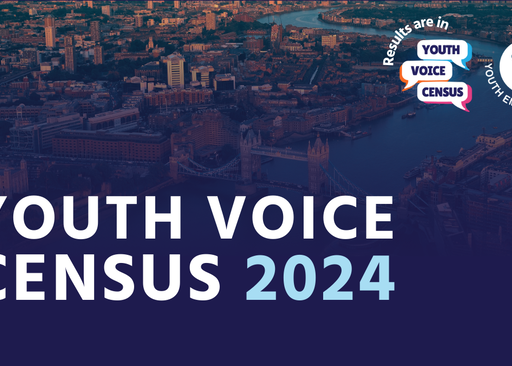Enterprises consider their workforce to be their most valuable asset. To recruit the ideal candidates successfully, it’s imperative to dedicate significant time, resources, and funds. While it’s expected that candidates will invest their time in the recruitment process, they might not anticipate the potential personal costs involved.
The expenses associated with attending interviews can be wide-ranging, encompassing both direct and indirect costs. These might include transportation expenses, attire for the interview, printing costs, technology investments such as webcams or microphones, funds spent on interview preparation materials or coaching, taking time off from current employment, and other miscellaneous outlays, for instance, meals or participation in professional networking events.
A report by StandOut CV in 2023 revealed that 69% of hiring managers were incorporating video interviews into their recruitment strategies. This approach could lead to a reduction in transportation expenses for candidates. However, not all stages of the interview process are conducted online. Many organisations still prefer to meet prospective employees in person, particularly for roles that require on-site or hybrid working arrangements.
Fiona McDonald, Business Operations Manager at Walmsley Wilkinson Executive and Management Recruitment, states, “face-to-face interviews remain an integral part of the recruitment process. Whilst there may be an initial ‘getting to know you’ video call, there will often be at least one in-person interview and frequently more. In my opinion this is key, in helping to determine the fit for both parties.”
A study by Trainline suggested that the average expenditure for attending an interview exceeds £100. Given the prevalence of remote working opportunities, candidates might need to travel significantly further from their home to attend interviews, escalating the financial burden due to the costs of fuel and train fares. It is crucial, therefore, that the recruitment experience for both the employer and candidate is considered valuable and cost-effective.
Companies with international operations and experience in relocating employees typically have clear policies covering travel expenses and relocation, which support their recruitment initiatives and allow them to manage or reimburse travel costs for candidates.
Fiona McDonald adds, “It’s important that employers have an efficient and smooth recruitment process which is candidate focused, delivers a positive interviewee experience, and generates strong brand perception. Organisations need to mitigate the risk of causing a time and cost burden on their potential future hires, by putting the candidate experience at the heart of the recruitment process. An agile interview process contributes to a positive candidate experience, helps attract top talent, and positions the company as a desirable employer. It is an essential aspect of a company’s overall talent acquisition strategy.”
While virtual meetings have become commonplace, candidates aspiring to progress their careers must be willing to engage in face-to-face meetings with potential employers. Despite the associated costs, candidates should consider this as an investment in their future career, with the prospect of recouping these expenses in their new role’s salary. Employers, on the other hand, should ensure that they provide a respectful and considerate recruitment experience for candidates, transforming the interviewing process from a contentious cost into a worthwhile investment for job seekers.







